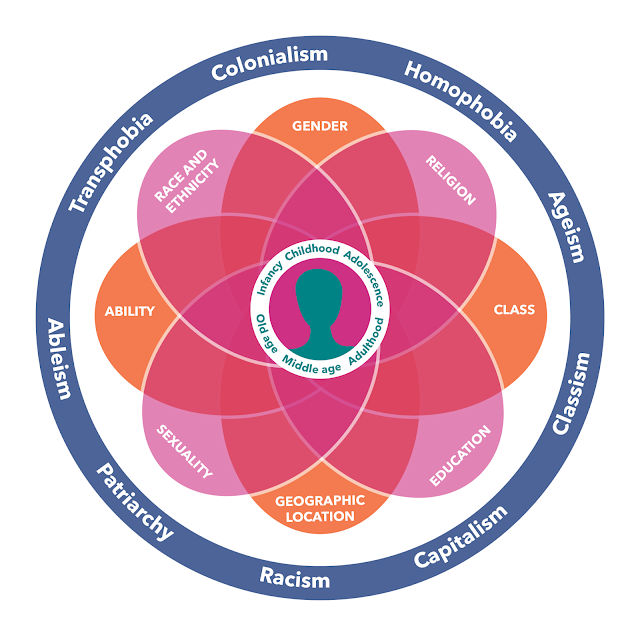The intersectionality of gender, class, and other factors in Climate induced disaster situations in Bangladesh with example
In conclusion, the intersectionality of gender, class, and other factors in climate-induced disaster situations in Bangladesh highlights the need for holistic and inclusive approaches. By recognizing and addressing these intersecting vulnerabilities, it is possible to build more resilient and equitable communities that can withstand the impacts of Climate Change.{ Gender plays a significant role in climate-induced disasters in Bangladesh. Women often bear the brunt of the impact due to existing gender norms and inequalities. During floods or cyclones, women face greater risks due to limited mobility, lack of acce
ss to information and resources, and social norms that restrict their participation in decision-making processes. For instance, women are often responsible for water and food collection, and the scarcity of resources during disasters puts them at a higher risk of violence and exploitation.{ Additionally, women's reproductive health is also affected. Disruptions in healthcare services, including access to reproductive health, can lead to increased maternal mortality rates and complications during childbirth. Women and girls may also face heightened vulnerability to human trafficking and other forms of exploitation following climate-induced disasters.
{ Class is another crucial factor intersecting with gender in climate-induced disaster situations. The poorest communities in Bangladesh, who often reside in low-lying areas or slums, are disproportionately affected. They lack the resources to adapt to or recover from disasters, such as building resilient infrastructure or accessing early warning systems. Limited access to education and employment opportunities further exacerbates their vulnerability, trapping them in a cycle of poverty and environmental risk.
{ For example, consider a cyclone hitting a coastal village in Bangladesh. The impact on different social groups within the community can vary significantly. Wealthier individuals may have resources to evacuate or rebuild their houses, while the poorer households lack such options. Women from low-income families may be more likely to be engaged in informal labor sectors, such as garment factories, which are particularly vulnerable to climate-related disruptions.
{ Other factors like age, disability, and ethnicity also intersect with gender and class in climate-induced disasters. Older people, persons with disabilities, and minority groups face unique challenges in accessing timely information, evacuation processes, and relief services. Discrimination and marginalization further limit their ability to cope and recover from climate-related disasters.
{ To address these intersecting challenges, comprehensive approaches are required. These should include gender-responsive disaster risk reduction strategies that empower women and promote their participation in decision-making processes. Efforts should be made to enhance the resilience of marginalized communities through inclusive policies, improved access to resources, and capacity-building initiatives. Furthermore, integrating Climate Change adaptation and disaster risk reduction into poverty reduction programs can help break the cycle of vulnerability and poverty.

Comments
Post a Comment